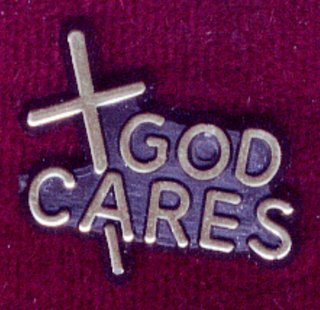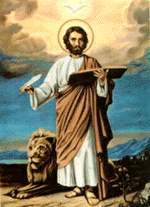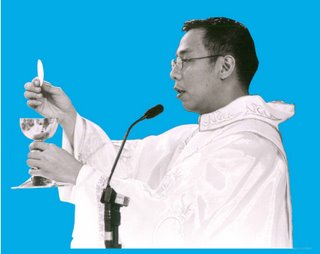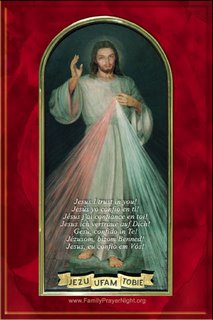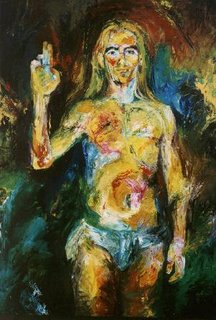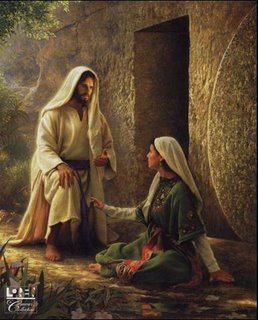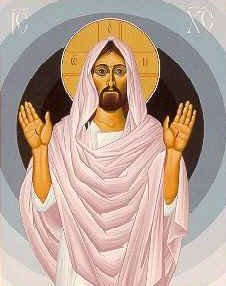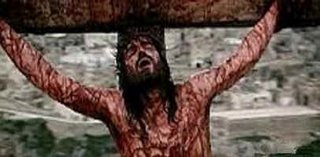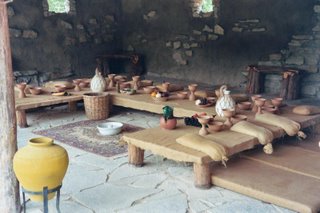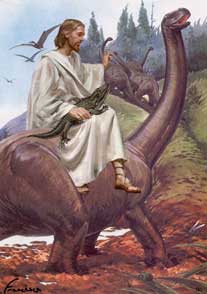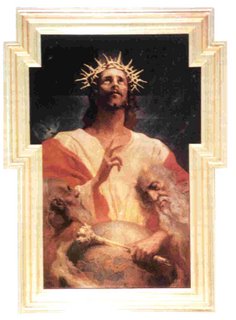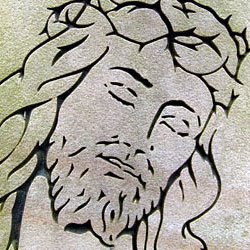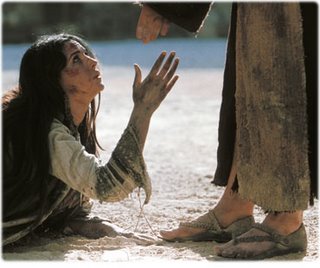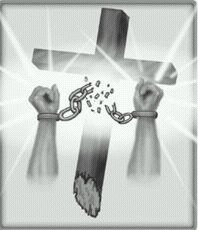MARTYRDOM IS LIVING, NOT DYING
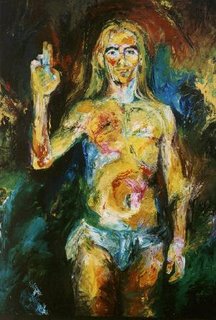
Lk 24:35-48
To be a martyr does not mean to be killed on account of Jesus. To be a martyr means to be a witness to Jesus. Sometimes giving witness to Jesus, however, leads to being killed on account of Jesus. But one does not have to die for Jesus to be a martyr in the real sense of the word. Give witness to Jesus, be a martyr.
When Jesus told His disciples, “You are witnesses to this”, He was like conferring the title “martyr” to them. Every follower of Jesus is a witness to all about Jesus. Every authentic follower of Jesus is a martyr.
Nowadays, “martyr” is mistakenly understood. A battered wife who chooses to remain co-habituating with her husband is called a “martyr”. An employee who endures a bad employer is said to be a “martyr”. A volunteer who does most, if not all, the difficult tasks is labeled a “martyr”. “Martyr” is so loosely used. And not seldom is the usage wrong.
A woman may be a battered wife, but to whom does she give witness to? A person may be an ill-treated employee, but to whom does he give witness to? A volunteer may be exploited, but to whom does he give witness to. It is the witnessing that makes a man or a woman a martyr. It is witnessing to Jesus that makes us martyrs for Christ.
Martyrdom is first of all about life, not death. It is the kind of life we live that qualifies us to be called a martyr even as death may conclude our martyrdom. Martyrdom is not a matter of dying in the first place. It is a matter of living.
No one becomes an instant martyr. A martyr’s death may come suddenly, but martyrs are not born overnight. A person is able to accept a martyr’s death because he has lived each day by dying to himself, by giving witness to Jesus who died so that others might live, by dying little deaths as St. Therese of Lisieux would put it.
When Jesus invites us to martyrdom, He means we must live for Him before we die for Him. Have we started living for Him?

